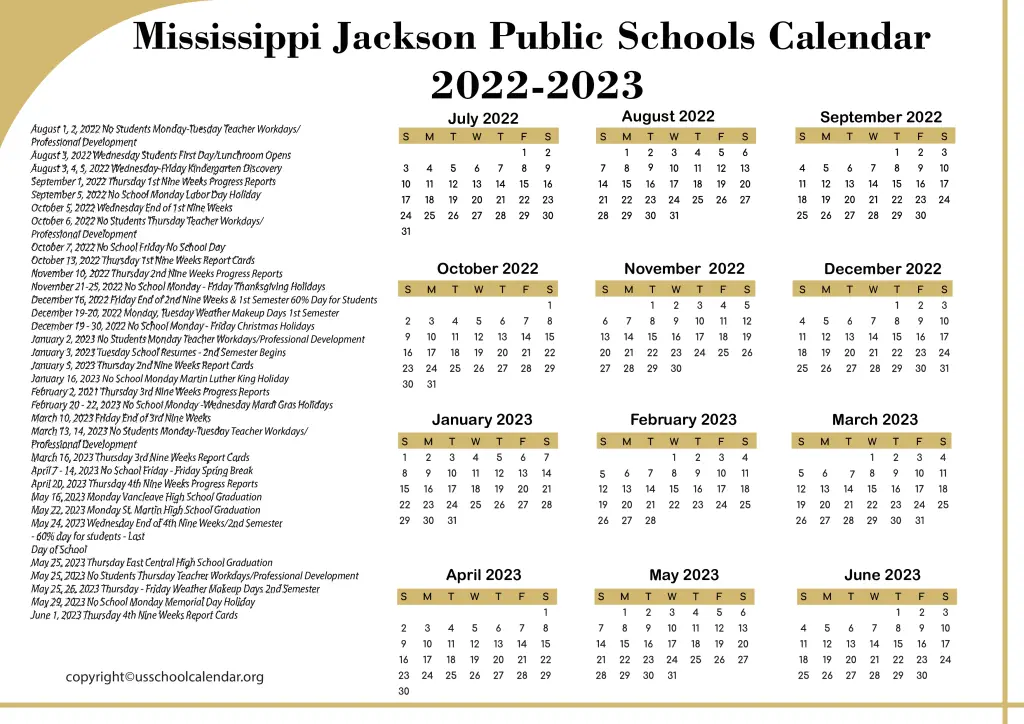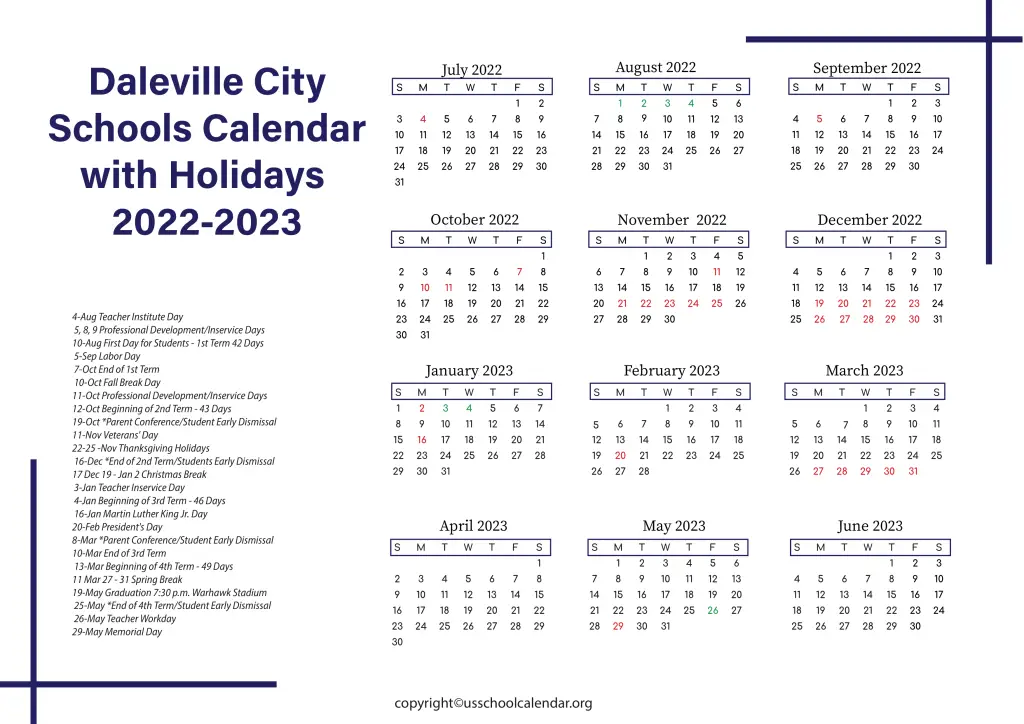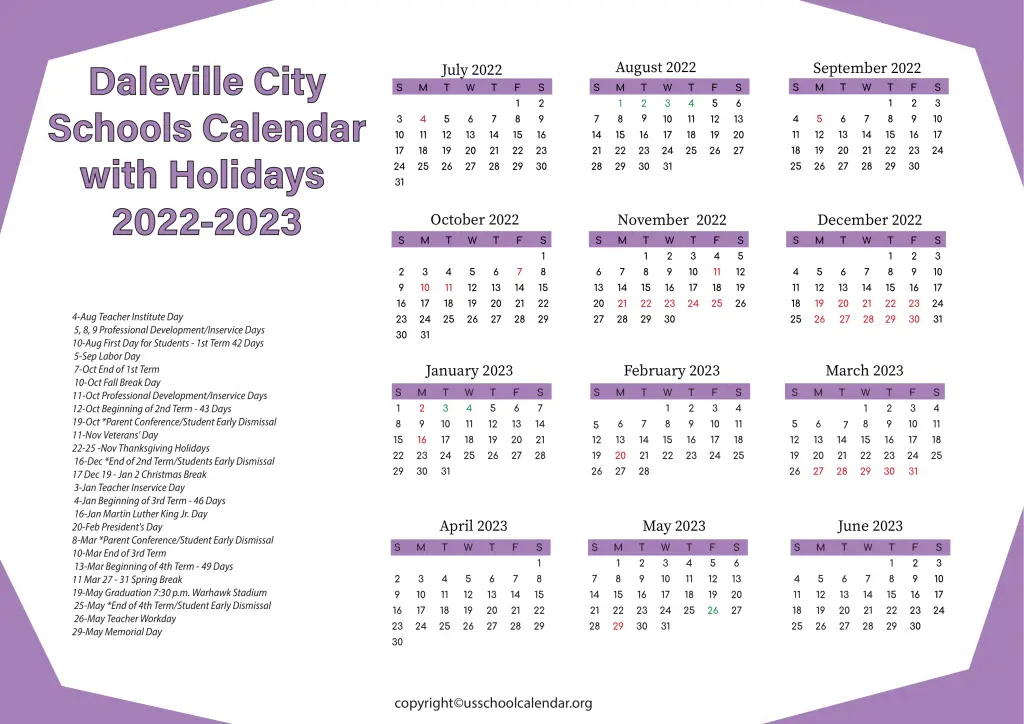Does Assignments or Homework Really Helps Child’s Growth? The topic of assignments and homework has long been a subject of debate in the realm of education. Some argue that assigning tasks outside of school hours contributes to a child’s growth and academic development, while others question its effectiveness and impact on a child’s well-being. Understanding the role of assignments and homework in a child’s growth requires a comprehensive examination of its benefits, potential drawbacks, and the factors that contribute to its overall effectiveness.

Does Assignments or Homework Really Help Child’s Growth?
Assignments and homework have long been an integral part of the education system, with the belief that they contribute to a child’s growth and development. However, there has been an ongoing debate about the effectiveness and benefits of assigning homework to young learners. Some argue that it fosters discipline, responsibility, and academic achievement, while others believe that it adds unnecessary stress and hampers a child’s overall development. To understand the true impact of assignments and homework on a child’s growth, it is essential to explore both perspectives and examine the research surrounding this topic.
Proponents of assignments and homework argue that they play a crucial role in developing essential skills and promoting academic success. Assignments provide students with the opportunity to reinforce the concepts learned in class, apply them to real-world situations, and develop problem-solving abilities. By engaging in regular homework, students can enhance their time-management skills, as they learn to prioritize tasks and meet deadlines. Furthermore, assignments can help foster a sense of discipline and responsibility, preparing children for future academic and professional endeavors. Proponents also argue that homework provides a platform for students to practice and review their learning, which ultimately contributes to their overall academic growth.
On the other hand, Does Assignments or Homework Really Helps Child’s Growth? Opponents of assigning homework to young learners raise valid concerns about its potential negative impacts. They argue that excessive homework can lead to increased stress levels, causing anxiety and affecting a child’s mental well-being. Additionally, spending long hours on homework can deprive children of quality time for recreational activities, social interactions, and pursuing other interests outside of academia.
The Importance of Individualized Approach to Assignments and Homework
While the debate over the effectiveness of assignments and homework continues, one aspect that cannot be overlooked is the need for an individualized approach. Every child is unique, with different learning styles, abilities, and preferences. Implementing a one-size-fits-all approach to assignments may not cater to the diverse needs of students. It is essential for educators to consider these individual differences and tailor assignments to meet the specific requirements of each learner. By doing so, assignments can become more meaningful and engaging, aligning with a child’s interests and promoting their personal growth.
An individualized approach to assignments and homework also allows educators to identify and address the specific strengths and weaknesses of students. Through personalized feedback and targeted assignments, teachers can provide the necessary support and guidance to help children overcome their challenges and further develop their skills. By understanding the unique needs of each student, educators can create assignments that promote independent thinking, creativity, and critical analysis, fostering holistic growth rather than focusing solely on rote learning.
Furthermore, an individualized approach to assignments and homework can help instill a love for learning in students. When assignments are designed to align with a child’s interests and passions, they become more motivated and engaged in the learning process. By encouraging independent exploration and providing opportunities for self-expression, assignments can become avenues for personal growth and self-discovery. An individualized approach also allows for flexibility, enabling students to pursue topics of their choice and develop a deeper understanding of the subjects that captivate their curiosity. Ultimately, this approach promotes a positive attitude towards education and nurtures a lifelong love for learning.
Striking a Balance: Redefining the Role of Assignments and Homework
As the discussion around assignments and homework continues, it is crucial to redefine their role and purpose within the education system. Instead of viewing homework as a mere routine task, it is important to consider it as a tool for holistic growth and development. Striking a balance between academics and other aspects of a child’s life is essential. Assignments should be designed in a way that complements classroom learning, encourages independent thinking, and provides opportunities for creativity and innovation. By redefining the role of assignments, we can create a more meaningful and effective learning experience for children.
To strike this balance, educators and parents must collaborate and communicate effectively. It is important to establish clear guidelines and expectations regarding assignments and homework. Educators should provide transparent instructions, ensuring that assignments are purposeful and relevant to the curriculum. At the same time, parents play a vital role in supporting and motivating their children, creating a conducive environment for completing assignments without undue stress or pressure. Open lines of communication between teachers and parents can help address any concerns or challenges that arise, ensuring that assignments contribute positively to a child’s growth.
In addition to redefining the role of assignments, it is crucial to consider alternative approaches to learning. Technology, for instance, offers various opportunities for interactive and engaging learning experiences. Virtual platforms, educational apps, and online resources can supplement traditional Assignment help nyc, providing students with a diverse range of learning opportunities. Incorporating project-based learning, collaborative assignments, and experiential activities can also foster a more comprehensive understanding of concepts and promote critical thinking skills.









